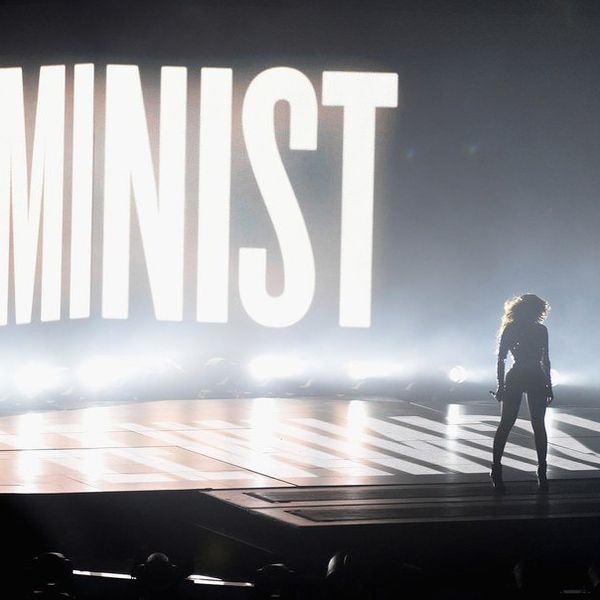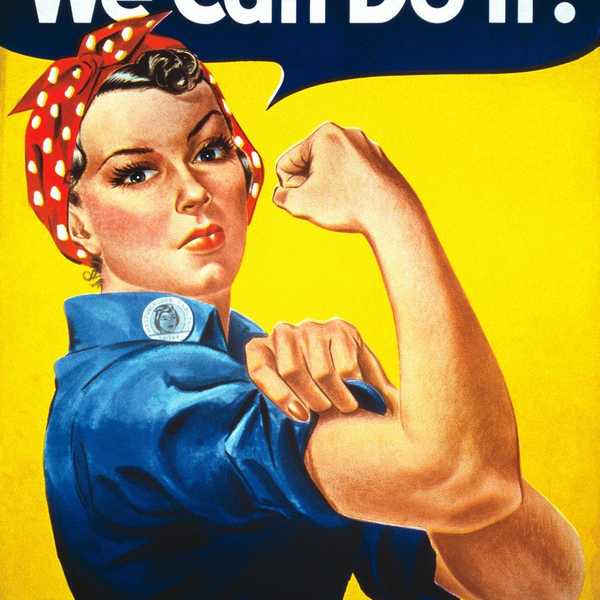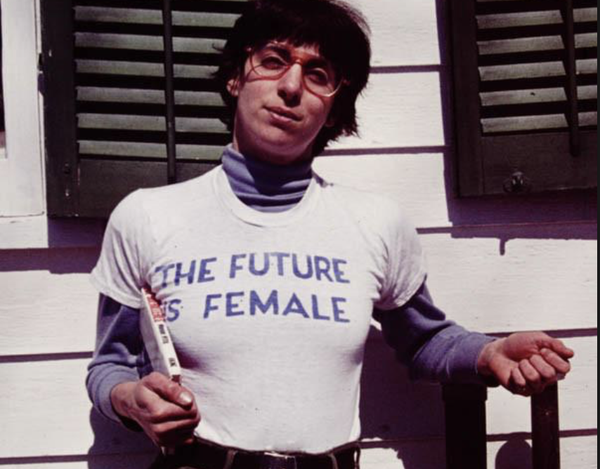After reading several online articles titled something along the lines of “An Open Letter to Feminists,” I felt it was important to address consistent misconceptions about what feminism is. It’s not just the authors who are misunderstanding the importance of feminism in our culture; articles like these host a comment section akin to a forum for disgruntled women who share a similar distaste for feminism.
I must acknowledge that I write this article from a place of privilege: I am a white, middle class, heterosexual, cisgender student at an amazing academic institution who now has a voice through published writing. I am still learning. However, I wanted to use this to article to address the authors behind these “Reasons I’m Not a Feminist” articles. Their reasoning for not being a feminist relate exactly to the fundamental pillars and principles of a feminist: acceptance for the decisions a woman makes, regardless of institutional promotions of sexism, and then the follow-up support for those choices.
For the record, feminism is a movement that advocates for equal rights, opportunities, and benefits between all gender identities. Feminism, when practiced in a correct manner, should be all-inclusive; this should include queer women, women of color, trans women, women who have a lot of sex, women who choose not to have sex, women who do not want to have children, women who want to have children, women who cannot have children, married women, unmarried women, women who don’t want to get married.
Feminism doesn’t just advocate for the rights of women; it works to combat transphobia. It offers support for trans and genderqueer people. It aims to break down gender roles and social constructs placed on men and women. In addition, the practice of feminism is not restricted to women alone; men should be (and, in true practice, are) welcome to advocate for gender rights.
Now, I won’t dispute the fact that there’s been a wave of feminism, which the Internet has deemed “white feminism,” whose tunnel vision for equal rights represent a small number of feminists. This practice of feminism discounts the issues women of color have faced, as well as trans or genderqueer women, and has little aim at correcting them. There has been a lot of racism and transphobia throughout the feminist movement; this wave of feminism fails to address that or deal with the repercussions.
With that said, let’s debunk some of the most common justifications authors of anti-feminist articles use to support their claim against a movement that supports equal rights, opportunities, and benefits for the sexes.
In articles arguing an author’s reason for not hopping on board the “Feminism Train," I cannot count the amount of times the reasoning “I’m not a feminist because I don’t hate men, but I do want equal wages” has been used. Let me be clear: there is a distinguishable difference between being a feminist and being a misandrist!
Misandrists practice a hatred of men, and while it’s unfortunate that the feminists who are misandrists often happen to be the loudest, their skewed perspective offers an unfair representation of feminism. Misandrists often feel that the existence of a male presence serves as oppression to or degradation of women, and therefore is often confused with feminism because “man haters” have come to unite themselves with the feminist cause.
In correct practice (so, without a misandrist perspective), feminism does not advocate a hatred for men. It recognizes that outdated roles are detrimental to both men and women. Believe it or not, feminism supports women who like men. Feminism supports women who choose to be involved with multiple men; feminism does not (or should not) “slut shame”.
This ties in with the second justification I see when reading anti-feminist rants: “I’m old fashioned! I love being a feminine woman!” While feminism supports the deconstruction of gender roles, a woman who chooses to retain more “traditional” roles is still accepted through the feminist movement. Feminism supports women who choose to be homemakers, who choose to be mothers. Feminism goes to bat for people who make a choice to benefit themselves and are criticized for it because of their gender (which applies to women who deem themselves “old fashioned” and therefore anti-feminist). Feminism supports women who choose to be feminine!
These articles paint feminists as arguing for “extreme” things.I don’t consider deconstructing rigid gender roles, fixing the wage gap, seeking equal representation in law and government, searching for equal treatment, reproductive rights, incarceration rates, and parental leave, or fighting for fundamental civil rights to be that radical of a notion.




















